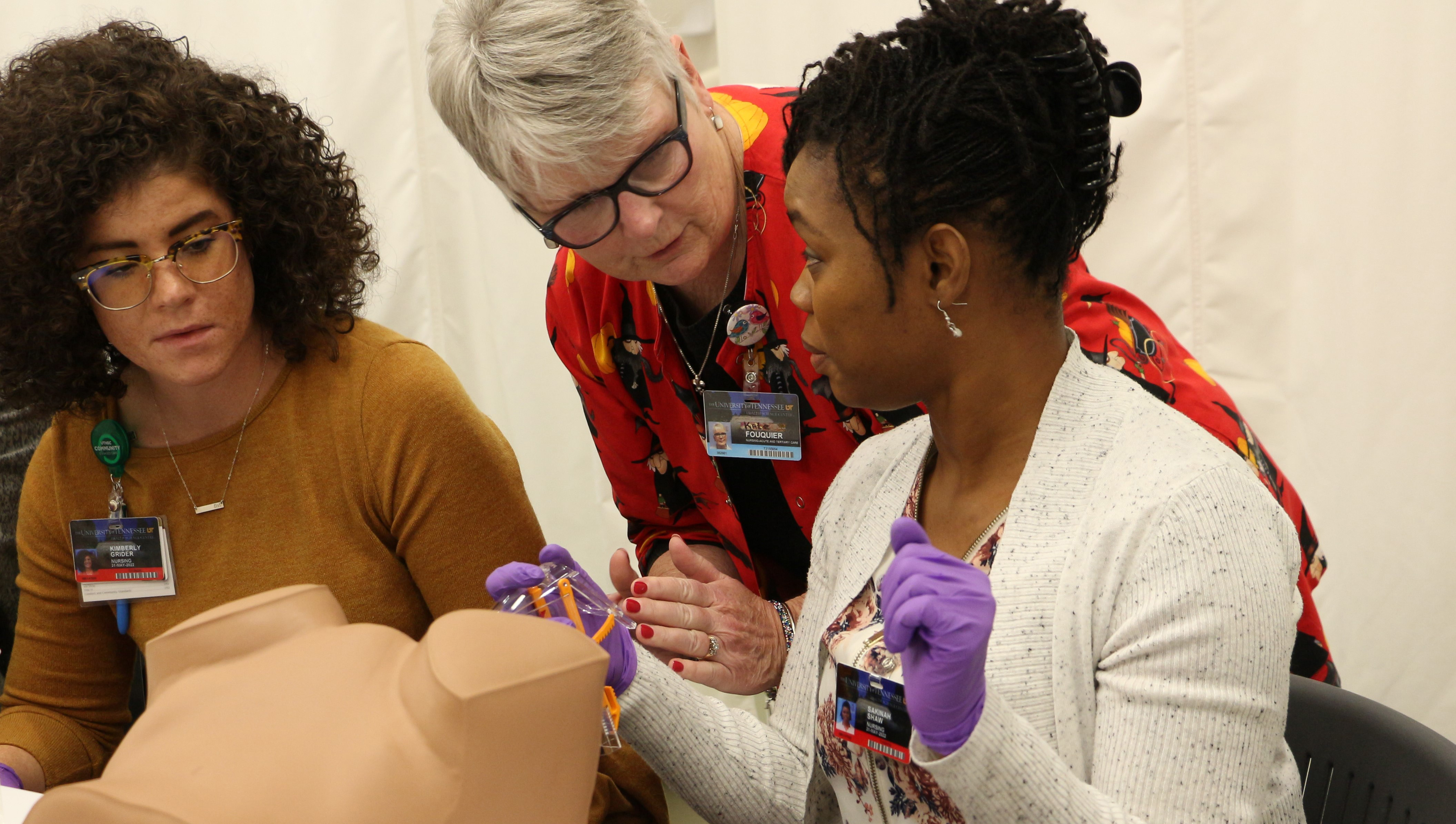DOI
10.21007/con.dnp.2022.0027
Faculty Advisor
Dwayne Accardo, DNP, CRNA
Document Type
Poster
Publication Date
Spring 4-23-2022
Disciplines
Analytical, Diagnostic and Therapeutic Techniques and Equipment | Anesthesia and Analgesia | Investigative Techniques | Medicine and Health Sciences | Nursing | Nursing Administration | Perioperative, Operating Room and Surgical Nursing | Therapeutics
Abstract
Purpose/Background Opioid analgesics are a primary source of pain control in the perioperative patient. However, all opioids decrease ventilatory drive secondary to mu2 receptor agonism in the brainstem. Ventilatory depression delays extubation after mechanical ventilation in post-operative patients, thus increasing the risk of complications such as ventilator-associated pneumonia and barotrauma. Non-opioid analgesics such as ketamine have been considered for use in order to reduce this risk. Ketamine is a noncompetitive N-methyl-D-aspartate receptor-antagonizing sedative that bears analgesic properties while preserving respiratory drive. Research suggests that ketamine provides effective perioperative pain control and decreases postoperative extubation time when given alone or with other non-opioids.
Methods Fifteen peer-reviewed studies published between 2009 and 2020 were chosen for the scoping review. Eligible studies compared the effects of opioid anesthetics versus ketamine anesthesia on extubation time, total perioperative opioid use, and perioperative adverse outcomes. A synthesis table was formulated to compare perioperative ketamine use with reduced postoperative extubation time and perioperative opioid requirements.
Results Of the study sample (N=15), all fifteen articles provide evidence that perioperative ketamine administration results in either decreased post-operative extubation time, reduced perioperative opioid requirements, decreased incidence of perioperative respiratory depression, or a combination of these in comparison to opioid use alone. Three systematic reviews, nine randomized controlled trials, one controlled trial without randomization, and one cohort study were chosen in order to provide credible evidence across all research levels that perioperative ketamine use is beneficial towards reducing time to postoperative extubation.
Implications for Nursing Practice The scoping review provides evidence across multiple research levels suggesting that perioperative ketamine use reduces time to extubation in the postoperative patient. Evidence also suggests that perioperative ketamine use reduces post-operative opioid requirements. This practice may be implemented within surgical settings to reduce the risk of postoperative respiratory complications in surgical patients.
Recommended Citation
Gray, Robert H. SRNA; Hardesty, Sarah S. SRNA; Higginbotham, Heidi E. SRNA; Hoyt, Charles A. II, SRNA; and Accardo, Dwayne DNP, CRNA , "Effectiveness of Perioperative Ketamine vs. Opioid Analgesia on Extubation Time and Total Perioperative Opioid Requirement" (2022). Doctor of Nursing Practice Projects. Paper 27. http://dx.doi.org/10.21007/con.dnp.2022.0027.
https://dc.uthsc.edu/dnp/27
Abstract
Included in
Anesthesia and Analgesia Commons, Investigative Techniques Commons, Nursing Administration Commons, Perioperative, Operating Room and Surgical Nursing Commons, Therapeutics Commons


